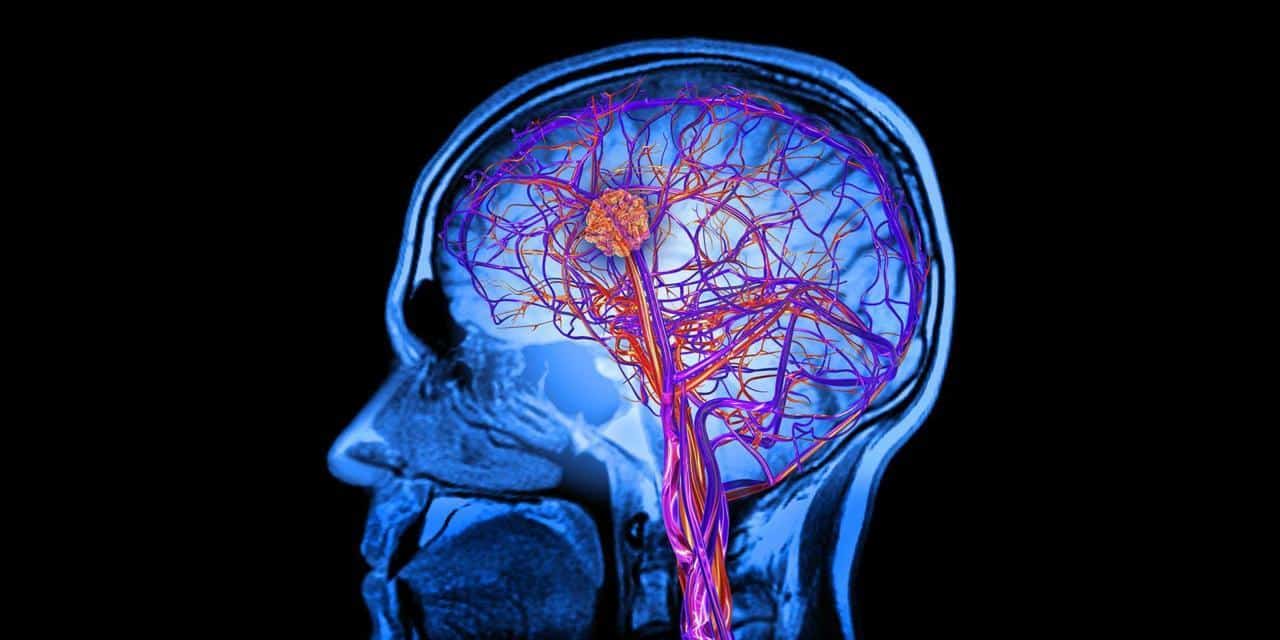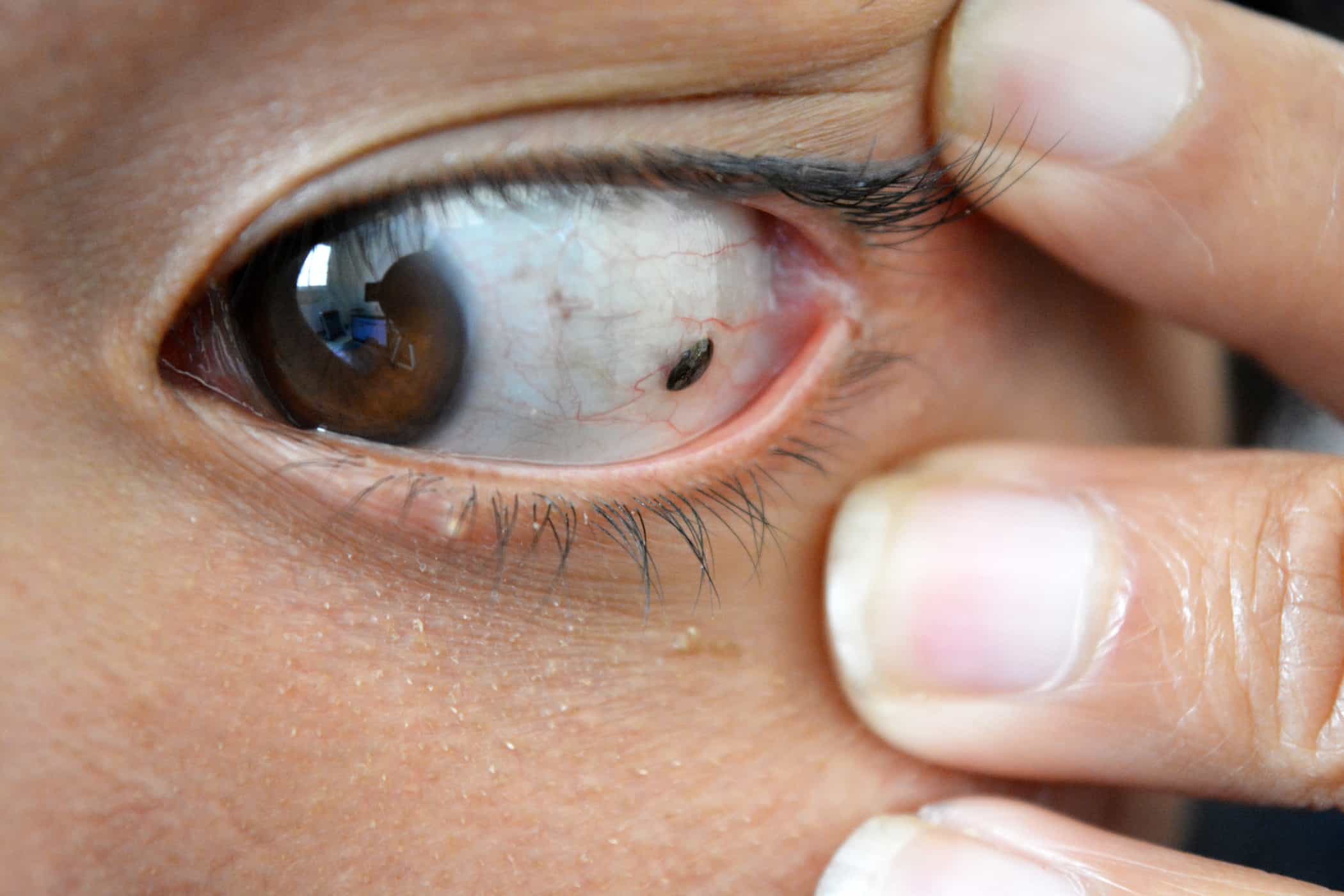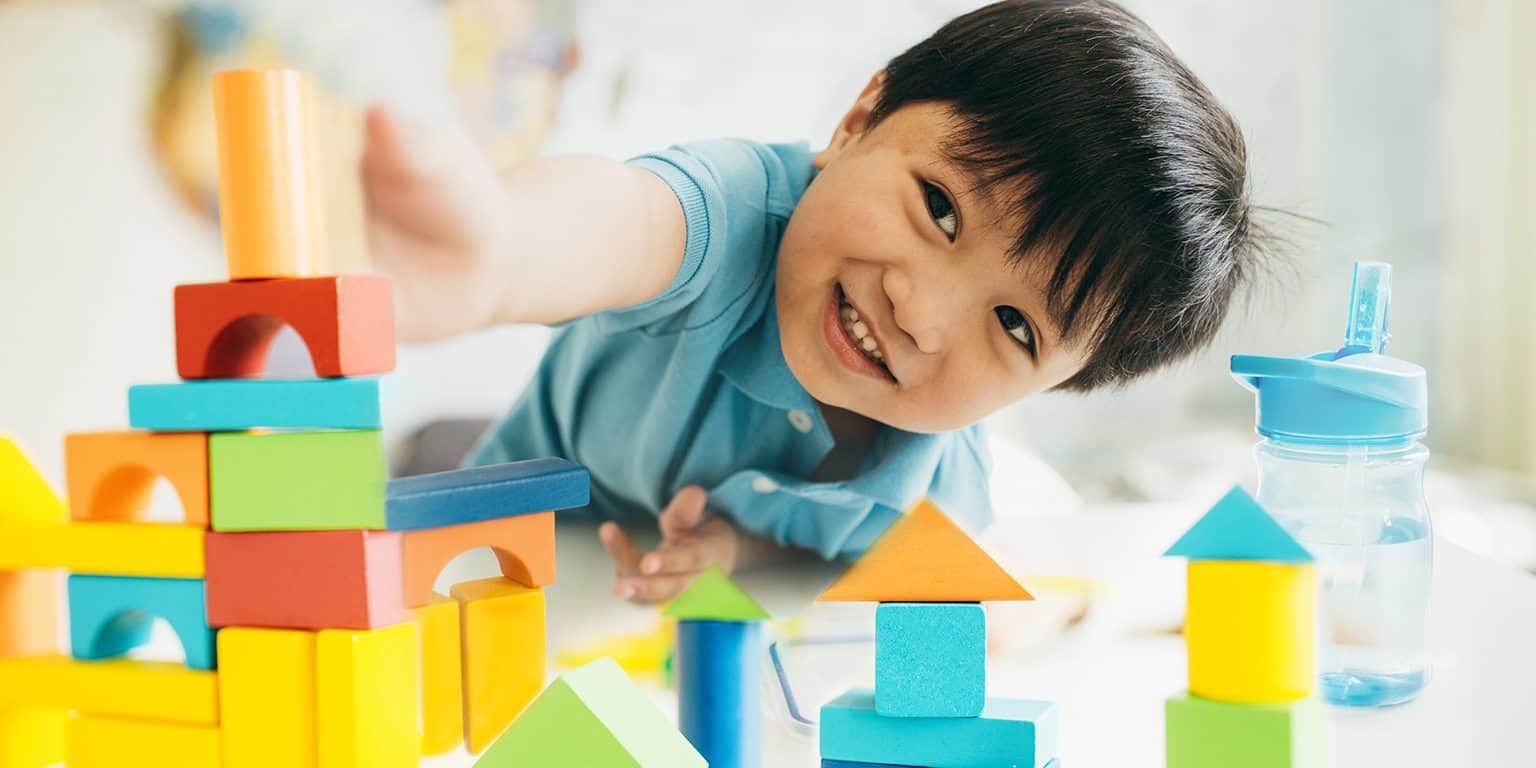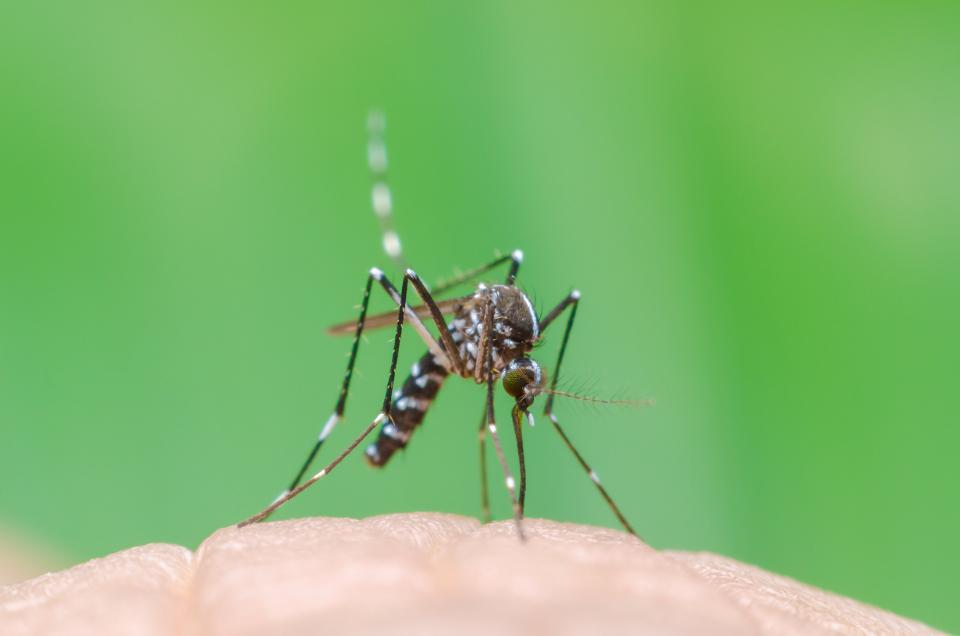Contents:
- Medical Video: Are You Under 24? Science Says You Still Have the Brain of a Teen
- At what age will the development of the human brain stop?
- What happens to the brain when you age?
- How to keep your brain healthy in old age
Medical Video: Are You Under 24? Science Says You Still Have the Brain of a Teen
The human body stops growing after puberty is over, which is 18 years old. However, this is not the case with brain development. It turns out that even when we grow up, the brain will continue to grow, until at some point it will stop developing.
At what age will the development of the human brain stop?
Actually, there are still some debates to answer at what age the brain will stop developing. Initially, some literature assumed that the brain would stop developing when you were a dozen years old, which is why many people assume a person's brain has finished developing when other parts of the body stop growing, namely at the age of 18 years. But in fact, a study published in the Human Brain Mapping revealed that the brain was still developing after the age of 18 years.
This answer search effort continued with a study conducted by Craig M. Bennet, who tried to compare results scan the brain between participants was 18 years old, with participants aged 25-35 years. The results of this comparison then conclude that, there are still changes in the brain, especially in the area of the brain that plays a role in combining emotions and cognitive. Brain development in this area has not been found in brain development at the age of 18 years.
Then when will the brain stop developing? A study conducted by Archana Singh-Manoux on 10,308 participants revealed that your brain's cognitive function would show signs of slowing at the age of about 45 to 49 years. Signs of this slowdown were seen when participants experienced difficulties when asked to mention as many as possible the words and names of animals beginning with the letter S.
What happens to the brain when you age?
As you age, some of your brain's cognitive functions, such as speed of thought and memory, also experience a slowdown. But the good news is that the brain that has developed has turned out to be easier to adapt.
As reported by Agewatch, a brain scan results successfully revealed that even though brain size may experience shrinkage, or age is aging, brain activity in the prefrontal area actually increases.
This is supported by a neuroscientist from University College London, Sarah-Jayne Blakemore, who said that the prenatal cortex (the part of the brain located behind your forehead) is a part of the brain that takes the longest time to develop. Besides because the prenatal cortex is the most important part in the functioning of the cognitive functions of the human brain, your ability to make plans and decisions is also one of the roles of this section.
This prenatal cortex also plays a role from behind the scenes regarding your ability to socialize, empathize, and interact with other people.
In other words, it turns out that not only does your body adapt to the surrounding temperature and automatically try to maintain a balanced condition in your body. A similar principle also applies to your brain. As you age, trying to adapt is the brain's way of maintaining its productivity.
How to keep your brain healthy in old age
Some efforts to keep your brain health longer, among others, are to remain diligent in physical activity, active in social activities around you, and other activities that can stimulate the brain to remain productive, and consume healthy intake.












